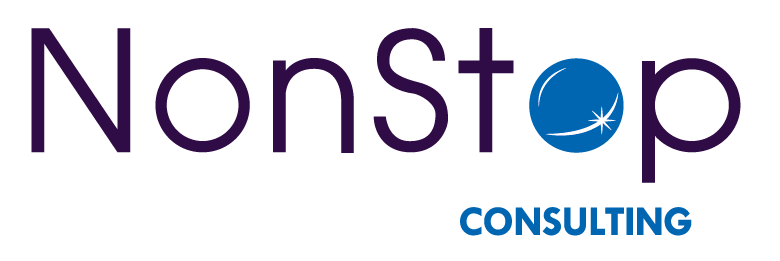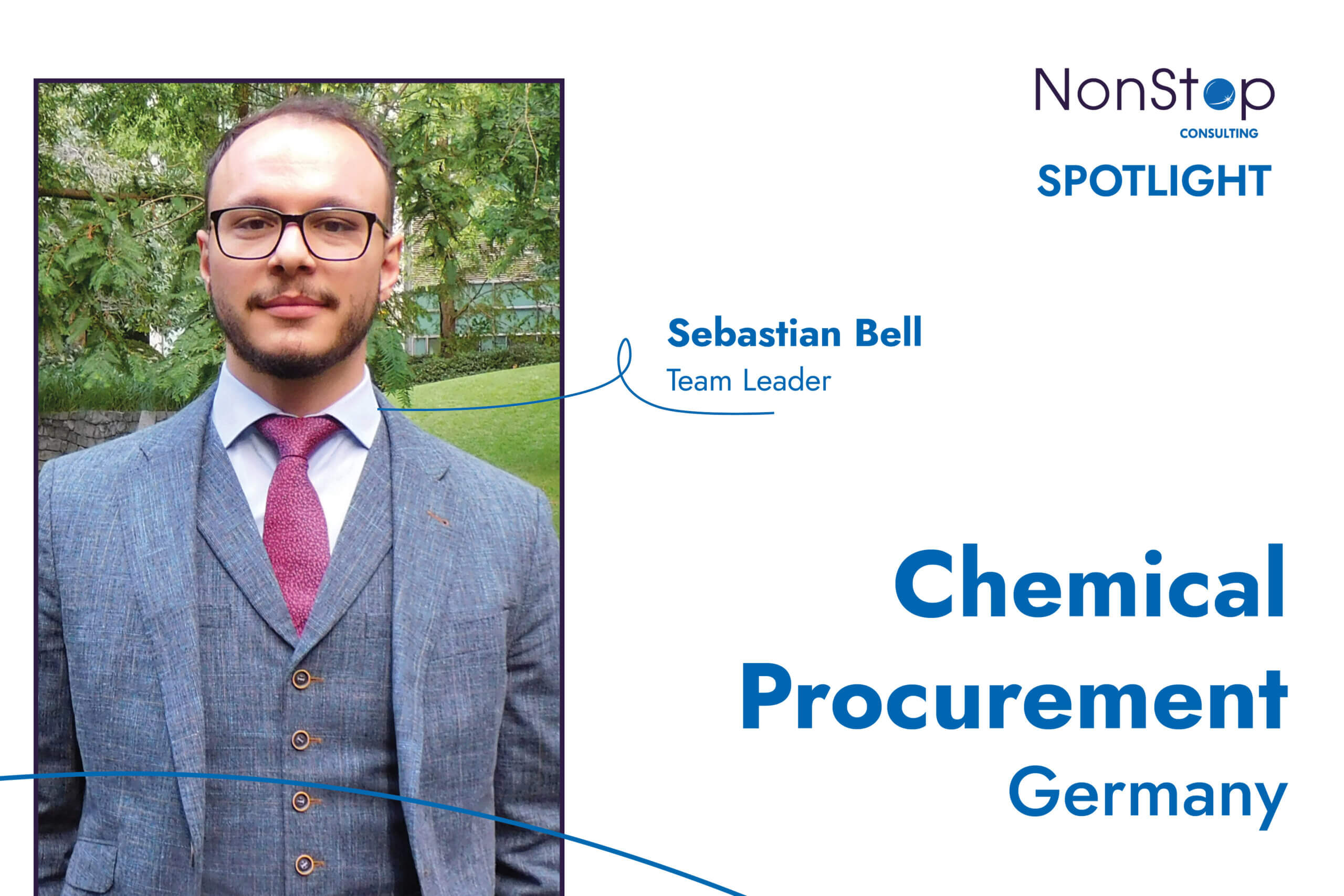Sebastian Bell gives an overview of German chemical procurement recruitment in this edition of our Spotlight series.
What are the main challenges affecting hiring in the market and why?
2022 has brought a general lack of movement in the market. The aftereffects of covid mean many clients are recovering from financial hits. Consequently, there is not as much budget for hiring as you would have once seen, and recruitment processes can take longer as they have become more meticulous.
At the same time, candidates are not as ready to move jobs. The future of the chemical industry in Germany is somewhat uncertain, or at least more uncertain than it has been in a long time. The Russia-Ukraine crisis and its effect on energy prices, covid aftereffects, and the recent global raw material and supply chain crisis are some of the reasons behind said uncertainty.
Further, the fundamental shift within the work place, particularly home office flexibility, flexible working hours, etc. are affecting the market in profound ways. Candidates are getting pickier, especially as they hold more value in the current market, whilst clients are trying to attract talent in new and inventive ways.
How can we overcome those challenges?
The German chemical industry especially differentiates itself through its specialisation, research, and innovation. Covid and energy prices do not affect those fundamentals. As such it will bounce back.
On some level, this means that we will have to ride this wave until it reaches its destination. Hiring companies, however, can take some steps to make the transition easier. Adapting to new working styles and methods will give an edge in the current market. Keeping hiring processes concise and to the point is a big advantage – many candidates will have multiple processes ongoing so time is of the essence.
There is also an element of accepting that employees, especially highly qualified ones, have more options than ever before. As such, creating a value system that has real impact, showing employees development options, and adjusting salary ranges to market rates are all steps one can take to make the employees that you already have more likely to stay.
What is the most common FAQ from clients in this space?
At the moment, we’re getting a lot of questions about our ability to help on a wider variety of roles. Many companies, now more than ever, find themselves in a position where they might be looking for positions across multiple departments. Due to the lack of movement in the market, the general response rate to job advertisements is lower than ever. This can be observed in almost any market across the industry.
This is where my team and I can really be of assistance. While I cover the chemical procurement market, my team is responsible for handling the sales, regulatory affairs, EHS, quality, and R&D markets. We have also been able to assist in the IT and financial sectors.
What is the most common FAQ from candidates in this space?
Currently, many candidates will ask whether it is ‘the right time to make a move.’ Especially, when they are in a comfortable position already. While it is potentially a bit counterintuitive, the job market is full of opportunity at the moment.
What’s more, it is full of opportunity that is unique and rare. Companies are getting more flexible with their working conditions, there are more specialised positions, and sometimes two positions are folded into one to spare cost. All of the above results in more interesting, challenging positions, with more responsibility and great development opportunities.
Further, as a candidate, you really do have a plethora of options relating to work life balance etc.
Many economists say the best time to buy is when the market’s down. I’d say the best time to move jobs is when the market’s static.
Any predictions for hiring in this market in the coming two to five years?
Once energy prices level out again and the Ukraine-Russia crisis nears its end, the chemical industry will recover quickly. Covid seems to be dealt with fairly convincingly (fingers crossed). Once this happens the industry will flourish again.
You would predict an above average amount of movement in the market once this happens. Companies budget for hiring will be approved more openly, growth will be able to continue more broadly. Candidates will be less fearful of moving jobs.
Of course, this period will have profound effects on the industry, and the way we work more generally. The next two years will hopefully see the start of the process, it would not surprise me if in five years the industry is stronger than ever.





